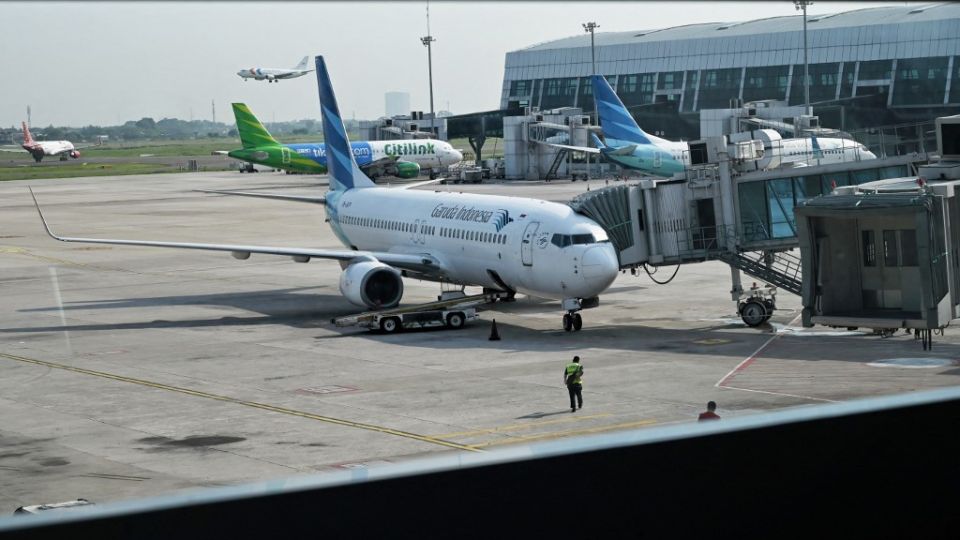October 18, 2022
JAKARTA – A world-first block-to-block air transportation agreement between ASEAN and the European Union promises passengers an increased number of flights and more destinations for travel between the two regions.
The member states of ASEAN and of the EU signed the Comprehensive Air Transport Agreement (ASEAN-EU CATA) at the 28th ASEAN Transport Ministers’ Meeting in Bali on Monday, according to a press release issued on the same day.
The ASEAN-EU CATA was long in the making; its signature follows negotiations that commenced in 2016 and were concluded at the Extraordinary ASEAN-EU Senior Transport Officials Meeting on June 2, 2021, apart from translation work and assessments described as “legal scrubbing”.
“The agreement will provide greater opportunities for airlines of ASEAN and the EU to operate passenger and cargo services between and beyond both regions, which will help bolster the recovery of air connectivity between the two regions following the COVID-19 pandemic,” according to the joint press release.
“Passengers can look forward to a greater variety of destinations, more flight frequencies, and more travel options between South-East Asia and Europe,” the release adds.
Under the ASEAN-EU CATA, airlines of the member states will be able to fly any number of services between the two regions. Airlines of each country of one bloc will be able to fly up to 14 weekly passenger services and any number of cargo services to each country of the other bloc via any third country or beyond to any third country.
The statement furthermore hails the agreement as a foundation for closer cooperation between ASEAN and the EU “in areas such as aviation safety, air traffic management, consumer protection, and environmental and social matters.”
ASEAN Secretary-General Dato Lim Jock Hoi, quoted in the release, calls the ASEAN-EU CATA a “significant milestone in world aviation history” that would “strengthen air transport services, connecting people, cultures, and businesses across continents, as well as supporting the sustainable growth of aviation.”
Meanwhile, European Commissioner for Transport Adina Vălean said, “The agreement will help to support the aviation sector’s recovery post-COVID 19 and restore much-needed connectivity between our two regions, to the benefit of some 1.1 billion people, by enabling greater business, trade, tourism and people-to-people exchanges.”
She explained that the agreement replaced more than 140 bilateral air services agreements with a single set of rules to reduce red tape.
The ASEAN-EU CATA will now undergo ratification in accordance with the respective procedures of the ASEAN member states and the EU and its member states.
The 28th ASEAN Transport Ministers’ Meeting was chaired by Indonesian Transportation Minister Budi Karya Sumadi.
High airfares have weighed on the recovery of Indonesia’s aviation industry even after pandemic restrictions were lifted. Tickets are expensive because high global oil prices have driven up the cost of aviation fuel and because the total fleet of domestic carriers remains significantly below the pre-pandemic level.
In a speech on Aug. 18, President Joko “Jokowi” Widodo stressed that airlines should increase their flight frequencies to cool soaring ticket prices. National flag carrier Garuda Indonesia and its low-cost subsidiary Citilink announced later that month plans to add 65 aircraft to their fleet by the end of this year.


